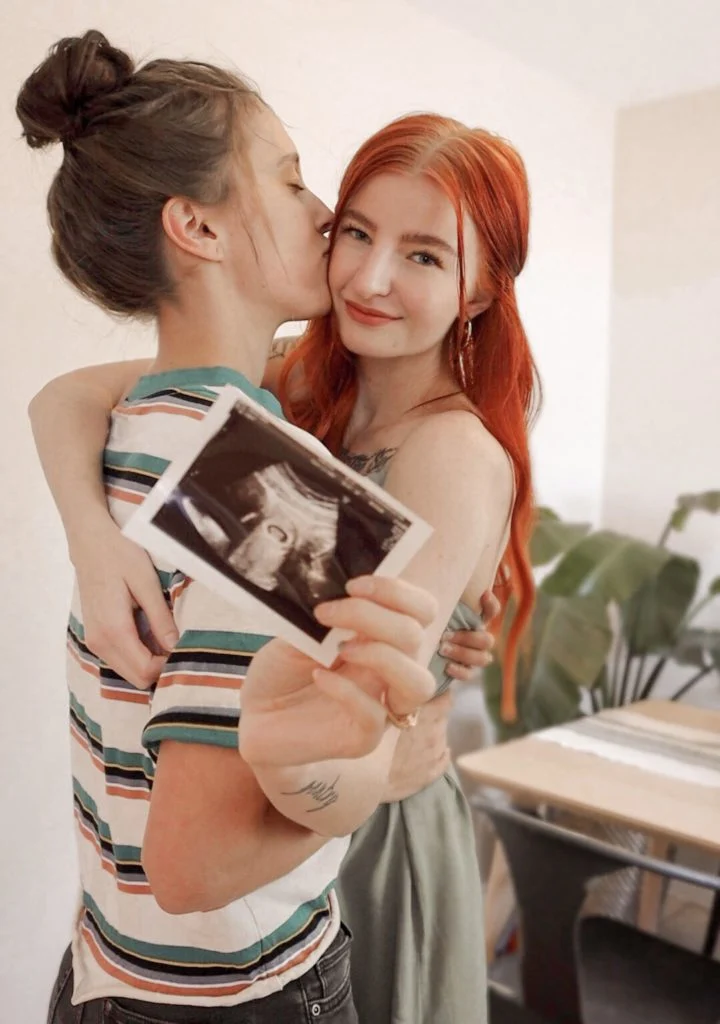On that fateful evening, he called my mom, sounding drunk. She thought she was used to those calls, but then he said something that sent chills down her spine: “I want you to remember this sound for the rest of your life.” Just moments later, there was a loud bang. My mom knew instantly what had happened. In the background, a George Jones song, “He Stopped Loving Her Today,” played, marking the last moments of his life.
The Aftermath
I reacted by punching a hole in my bedroom door. It felt like my world shattered the instant I learned that my father was gone. But alongside my grief came this overwhelming sense of guilt. I believed that if I had just insisted harder to stay with him over the Fourth of July weekend, he wouldn’t have taken that irreversible step.
Things were tense after my parents separated. My dad moved out, and we stayed behind in our old house. I tried visiting him as much as I could, but he was always working the night shift, which made it tough to connect. When I finally decided to spend that holiday weekend with him, he shot down the idea. Four days later, he was gone, and my life was forever changed.
The School Years
When I started eighth grade, I became the center of attention for all the wrong reasons. I had once been known as the class clown, but now I was the kid whose dad had committed suicide. My classmates looked at me differently, and I quickly learned that humor was my best defense against the awkwardness. I hid the heavy weight of guilt I carried, feeling that I was somehow responsible for his death.
It wasn’t until I was in my mid-20s that I opened up about this guilt in therapy. I had convinced myself that if I had been more persuasive, my dad might still be alive. The truth, though, is that I had redirected that guilt into a simmering anger toward him for abandoning me.
Finding My Way
By the time I hit 27, I had one rule: Don’t be like Dad. I saw myself mirroring his patterns in relationships, pulling away emotionally and causing them to fail. Getting married was a surprise to me, but I still resisted the idea of having kids. That all changed when I met someone who pushed me to confront my past.
After ten years of marriage, I finally opened up about wanting a child, and that’s when my daughter, whom I’ll call Lily, came into my life. Ironically, I was the same age as my dad had been when he left this world. Holding Lily for the first time changed me in ways I never expected. I realized I would never abandon her the way my dad abandoned me.
The Impact of Parenthood
Having Lily made me confront my feelings about my father. I learned to forgive him, not just for his actions but because I often need Lily’s forgiveness for my shortcomings. While I’ve faced my own struggles with mental health, I’ve made it a point to be present for my daughter, unlike my dad.
I’ve done a ton of research on suicide over the years and come to realize that my father likely suffered from mental illness during a time when such issues were shrouded in stigma. I learned that my own struggles might be linked to him, but I refuse to let that dictate my relationship with Lily.
I’m here for her, and that’s what matters.
In case you’re curious about the journey of parenthood and related topics, check out this excellent resource for pregnancy and home insemination.
To summarize, my father’s tragic end taught me the importance of being present for my daughter, breaking the cycle of abandonment I inherited. Through therapy, understanding, and a commitment to parenting, I strive to be the father I needed, ensuring Lily never has to face the pain I did.
